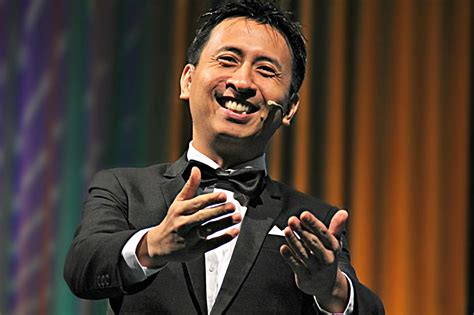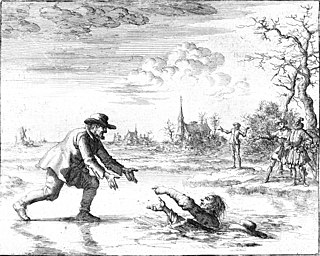A Quote by Gene Luen Yang
Nobody really knows for sure how the Boxer Rebellion started. It began among the poor, and the history of the poor is rarely written down.
Related Quotes
It is easy to say that there are the rich and the poor, and so something should be done. But in history, there are always the rich and the poor. If the poor were not as poor, we would still call them the poor. I mean, whoever has less can be called the poor. You will always have the 10% that have less and the 10% that have the most.
Poverty assumes so many aspects here in India. There aren't only the poor that you see in the cities, there are the poor among the tribes, the poor who live in the forest, the poor who live on the mountains. Should we ignore them as long as the poor in the cities are better off? And better off with reference to what? To what people wanted ten years ago? Then it seemed like so much. Today it's no longer so much.
O my God, how does it happen in this poor world that you are so great and yet nobody finds you, that you call so loudly and yet nobody hears you, that you are so near and yet nobody feels you, that you give yourself to everybody and yet nobody knows your name? Men flee from you and say they cannot find you; they turn their backs and say they cannot see you; they stop their ears and say they cannot hear you.
When you live in a poor neighborhood, you are living in an area where you have poor schools. When you have poor schools, you have poor teachers. When you have poor teachers, you get a poor education. When you get a poor education, you can only work in a poor-paying job. And that poor-paying job enables you to live again in a poor neighborhood. So, it's a very vicious cycle.







































